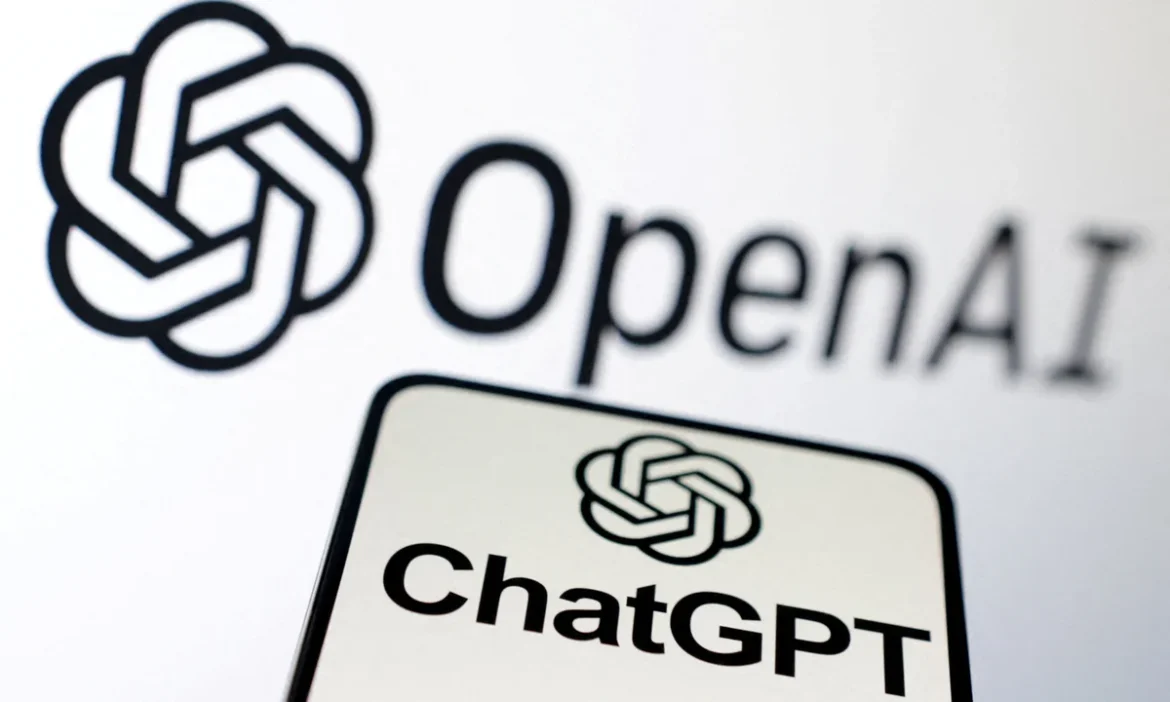OpenAI is reportedly developing its own web browser with built-in ChatGPT, a move that could disrupt the browser market dominated by Google Chrome. According to PCWorld, this new AI-powered browser is expected to offer seamless integration with ChatGPT, allowing users to browse the web while simultaneously engaging with the AI for assistance, insights, and productivity tasks — all in one place.
The browser is likely to be based on Chromium, the same open-source foundation used by Google Chrome and Microsoft Edge. However, what sets OpenAI’s browser apart is its tight integration with AI capabilities. Unlike traditional browsers that require extensions or third-party tools for AI interaction, OpenAI’s browser will embed ChatGPT directly into the browsing experience. This could make searching for answers, summarizing articles, and multitasking across tabs far more efficient for users.
This development also signals a new chapter in OpenAI’s broader ambition to expand beyond chatbot experiences and into full-scale productivity tools. The browser would not only challenge Chrome in terms of functionality but could also attract users interested in smarter browsing, powered by real-time AI assistance. For instance, students, researchers, marketers, and even casual users could benefit from instant contextual help as they navigate the web.
While OpenAI has not confirmed a release date, the browser is expected to launch soon. If successful, this product could reshape how people interact with the internet, making AI an essential part of the web experience rather than just an add-on. With tech giants like Google already enhancing their products with AI, OpenAI’s move to create a dedicated AI-first browser puts it in direct competition with the most established players in the industry.

